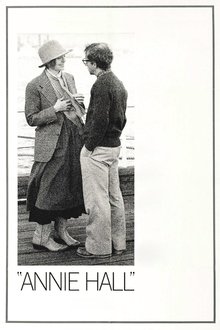From the mean streets of the Belleville district of Paris to the dazzling limelight of New York's most famous concert halls, Edith Piaf's life was a constant battle to sing and survive, to live and love. Raised in her grandmother's brothel, Piaf was discovered in 1935 by nightclub owner Louis Leplee, who persuaded her to sing despite her extreme nervousness. Piaf became one of France's immortal icons, her voice one of the indelible signatures of the 20th century.
Related Movies
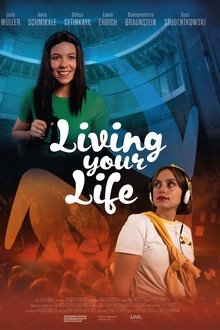
Living Your Life (2022)
Through a magical coincidence, the ambitious career woman Rebecca and the lively musical actress Maja switch bodies and have to find their way in each other's lives. What begins as a strange dilemma soon teaches them important life lessons.
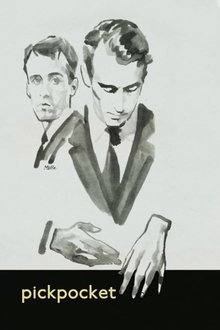
Pickpocket (1959)
Michel takes up pickpocketing on a lark and is arrested soon after. His mother dies shortly after his release, and despite the objections of his only friend, Jacques, and his mother's neighbor Jeanne, Michel teams up with a couple of petty thieves in order to improve his craft. With a police inspector keeping an eye on him, Michel also tries to get a straight job, but the temptation to steal is hard to resist.

A Hard Day's Night (1964)
Capturing John Lennon, Paul McCartney, George Harrison and Ringo Starr in their electrifying element, 'A Hard Day's Night' is a wildly irreverent journey through this pastiche of a day in the life of The Beatles during 1964. The band have to use all their guile and wit to avoid the pursuing fans and press to reach their scheduled television performance, in spite of Paul's troublemaking grandfather and Ringo's arrest.

The Last Emperor (1987)
A dramatic history of Pu Yi, the last of the Emperors of China, from his lofty birth and brief reign in the Forbidden City, the object of worship by half a billion people; through his abdication, his decline and dissolute lifestyle; his exploitation by the invading Japanese, and finally to his obscure existence as just another peasant worker in the People's Republic.

GoodFellas (1990)
The true story of Henry Hill, a half-Irish, half-Sicilian Brooklyn kid who is adopted by neighbourhood gangsters at an early age and climbs the ranks of a Mafia family under the guidance of Jimmy Conway.

Basquiat (1996)
The brief life of Jean Michel Basquiat, a world renowned New York street artist struggling with fame, drugs and his identity.

The Bodyguard (1992)
A former Secret Service agent grudgingly takes an assignment to protect a pop idol who's threatened by a crazed fan. At first, the safety-obsessed bodyguard and the self-indulgent diva totally clash. But before long, all that tension sparks fireworks of another sort, and the love-averse tough guy is torn between duty and romance.
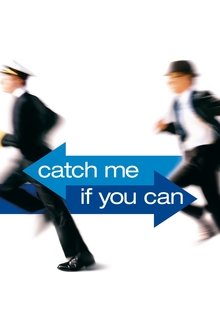
Catch Me If You Can (2002)
A true story about Frank Abagnale Jr. who, before his 19th birthday, successfully conned millions of dollars worth of checks as a Pan Am pilot, doctor, and legal prosecutor. An FBI agent makes it his mission to put him behind bars. But Frank not only eludes capture, he revels in the pursuit.
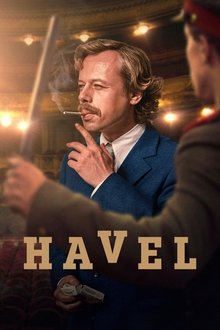
Havel (2020)
The life career of Václav Havel (1936-2011), a persecuted playwright and human rights defender in the Czech Republic subjected to the implacable power of the Soviet Union who became president of the country in the late 1980s.

Pocket Hercules: Naim Suleymanoglu (2019)
From defecting to the Olympics, an underdog weightlifter powers through adversity to raise up his community in this biopic of Naim Süleymanoğlu.

Anita (2021)
This long-awaited biopic provides a vivid account of the remarkable life of Anita Mui in and behind the limelight, chronicling her journey from a child performer to becoming one of world's most recognized music icons.

The Straight Story (1999)
A retired farmer and widower in his seventies named Alvin Straight learns one day that his distant brother Lyle has suffered a stroke and may not recover. Alvin is determined to make things right with Lyle while he still can, but his brother lives in Wisconsin, while Alvin is stuck in Iowa with no car and no driver's license. He then has the idea of making the trip on his old lawnmower, thus beginning a picturesque and at times deeply spiritual odyssey.

The Pianist (2002)
The true story of pianist Władysław Szpilman's experiences in Warsaw during the Nazi occupation. When the Jews of the city find themselves forced into a ghetto, Szpilman finds work playing in a café; and when his family is deported in 1942, he stays behind, works for a while as a laborer, and eventually goes into hiding in the ruins of the war-torn city.

Schindler's List (1993)
The true story of how businessman Oskar Schindler saved over a thousand Jewish lives from the Nazis while they worked as slaves in his factory during World War II.
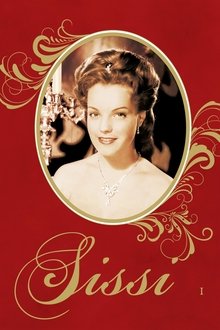
Sissi (1955)
The young Bavarian princess Elisabeth, who all call Sissi, goes with her mother and older sister Néné to Austria where Néné will be wed to an emperor named Franz Joseph, Yet unexpectedly Franz runs into Sissi while out fishing and they fall in love.
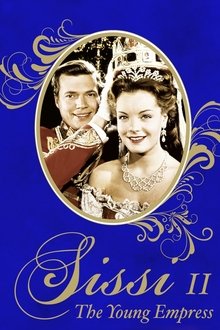
Sissi: The Young Empress (1956)
Sissi is now the empress of Austria and attempts to learn etiquette. While she is busy being empress she also has to deal with her difficult new mother-in-law, while the arch-duchess Sophie is trying to tell the emperor how to rule and also Sissi how to be a mother.
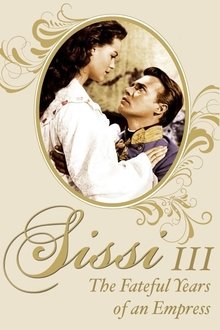
Sissi: The Fateful Years of an Empress (1957)
After a wonderful time in Hungary Sissi falls extremely ill and must retreat to a Mediterranean climate to rest. The young empress’ mother takes her from Austria to recover in Madeira.

Erin Brockovich (2000)
A twice-divorced mother of three who sees an injustice, takes on the bad guy and wins -- with a little help from her push-up bra. Erin goes to work for an attorney and comes across medical records describing illnesses clustered in one nearby town. She starts investigating and soon exposes a monumental cover-up.
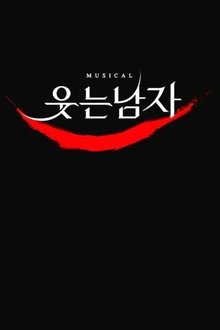
The Man Who Laughs: The Musical Live (2019)
Led by the itinerant carnival vendor dealer Ursus, Gwynplaine joins a traveling troupe with blind girl Dea and becomes the most famous clown in Europe. His fame, however, soon leads him to corruption and confusion. Set in seventeenth-century England, the work criticizes the state of society in which social justice and humanity have been eroded, and sheds light on the value of human dignity and equality through Gwynplaine's journey.
